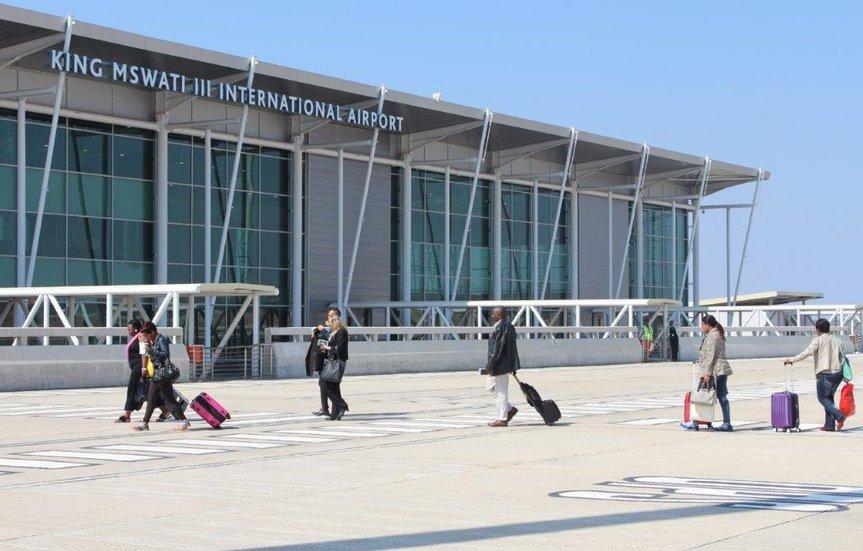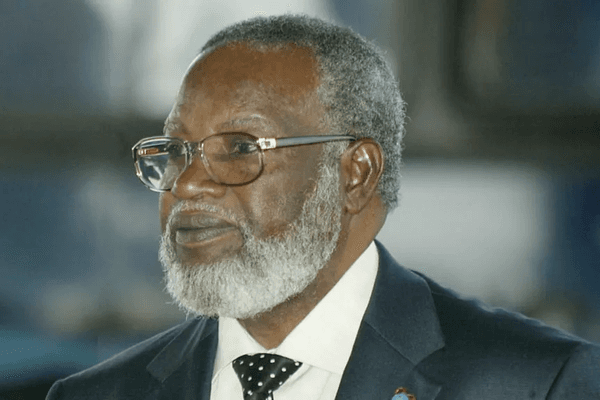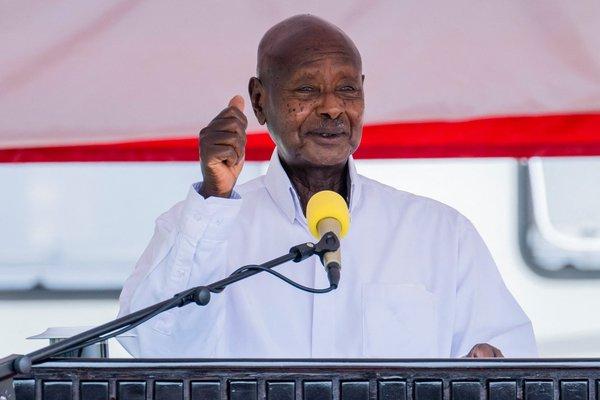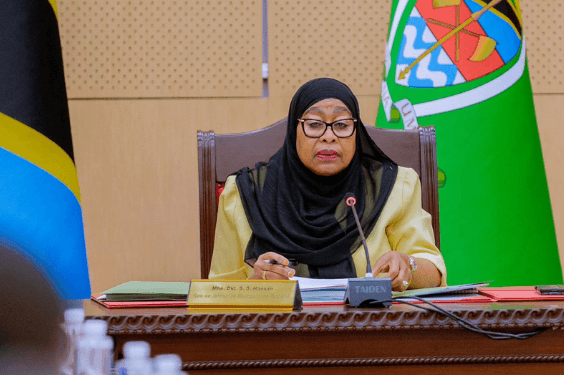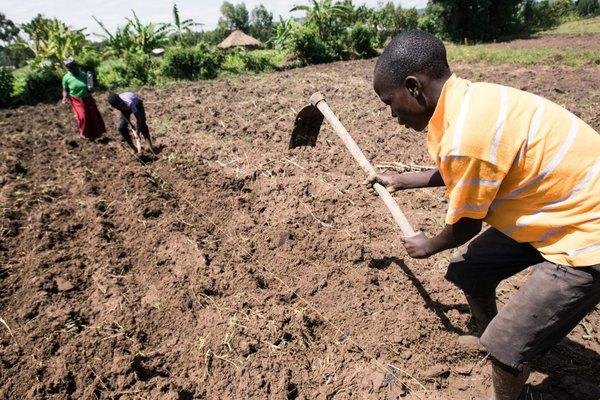Eswatini
Welcome to the "Switzerland of Africa," a land defined by majestic landscapes and a heritage that remains the soul of the nation. As one of the world’s last absolute monarchies, Eswatini is a unique blend of ancient customs and modern potential home to the spectacular Umhlanga Reed Dance and a resilient, diversifying economy. Strategically located between South Africa and Mozambique, the Kingdom is not just a cultural jewel but a growing hub for trade and investment. From the royal capital of Lobamba to the industrial heartbeat of Manzini, AfricaOne brings you the true voice of the Swazi people.

Southern Africa

17,364 sq km

UTC+2:00

1.26 million

SiSwati, English

Christianity

Swazi lilangeni (SZL)

King Mswati III

Brief
The Kingdom of Eswatini: Where Heritage Meets Horizon
Eswatini (formerly Swaziland) is more than just a country; it is a vibrant cultural jewel and a strategic economic hub in Southern Africa. Though compact in size, covering 17,364 square kilometers, the Kingdom is a giant in character, defined by its breathtaking landscapes, from the majestic Malolotja mountains to the lush Ezulwini Valley.
As one of the world’s last absolute monarchies, ruled by King Mswati III, Eswatini offers a unique blend of stability and tradition. It is a land where the past is a living, breathing experience, celebrated globally through spectacular festivals like the Umhlanga (Reed Dance) and the Incwala Kingship Ceremony.
Beyond its rich culture, Eswatini is an emerging market open for business. Strategically bordered by economic giants South Africa and Mozambique, it serves as a vital gateway for regional trade. With dual capitals, Mbabane (Executive) and Lobamba (Legislative), and a currency pegged to the South African Rand, the nation combines political distinctiveness with economic integration.
Home to 1.2 million resilient people, the Kingdom is diversifying beyond its agricultural roots into manufacturing, technology, and tourism. Eswatini is a nation moving forward with a vision for inclusive development and youth empowerment, making it one of the most unique and promising investment destinations on the African continent.
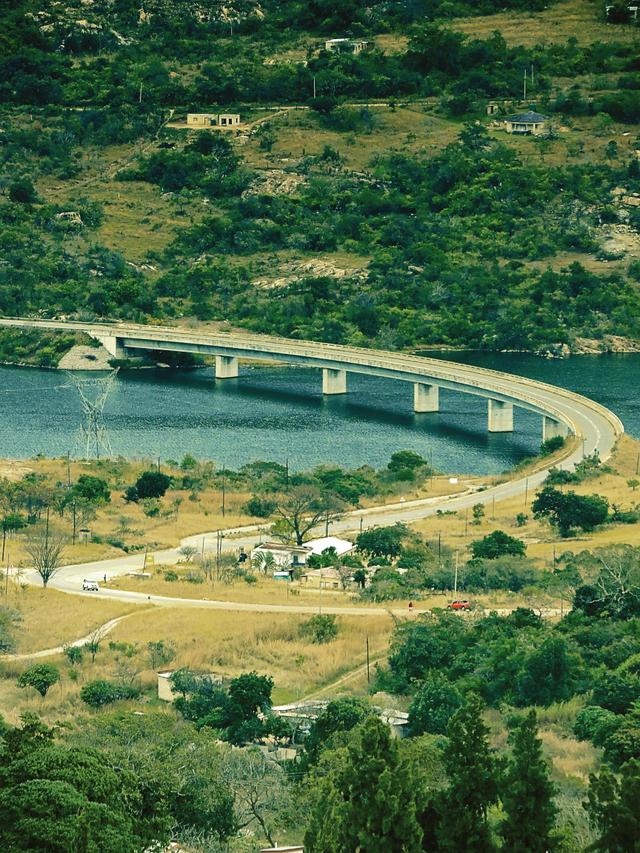
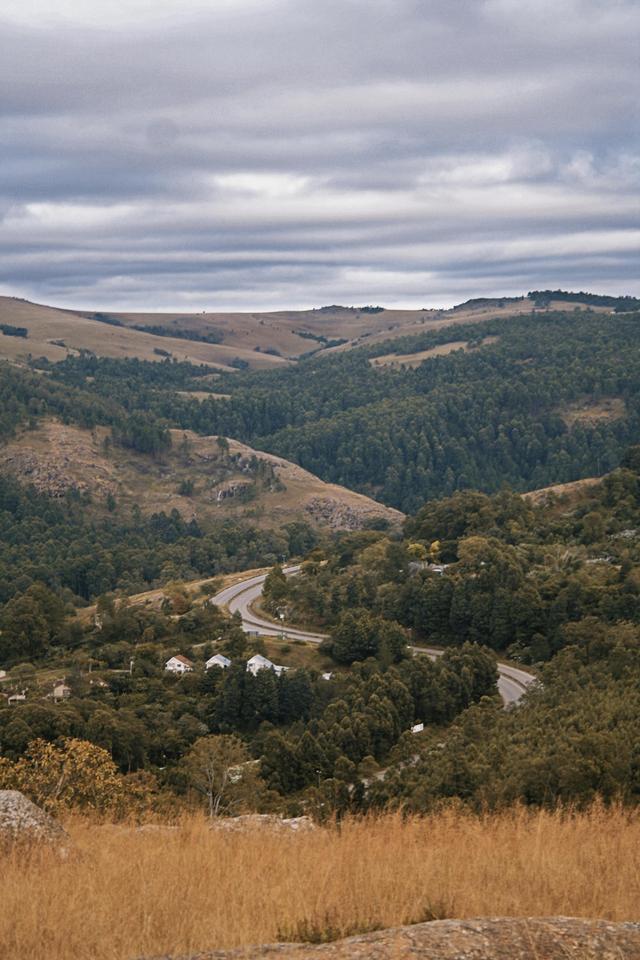
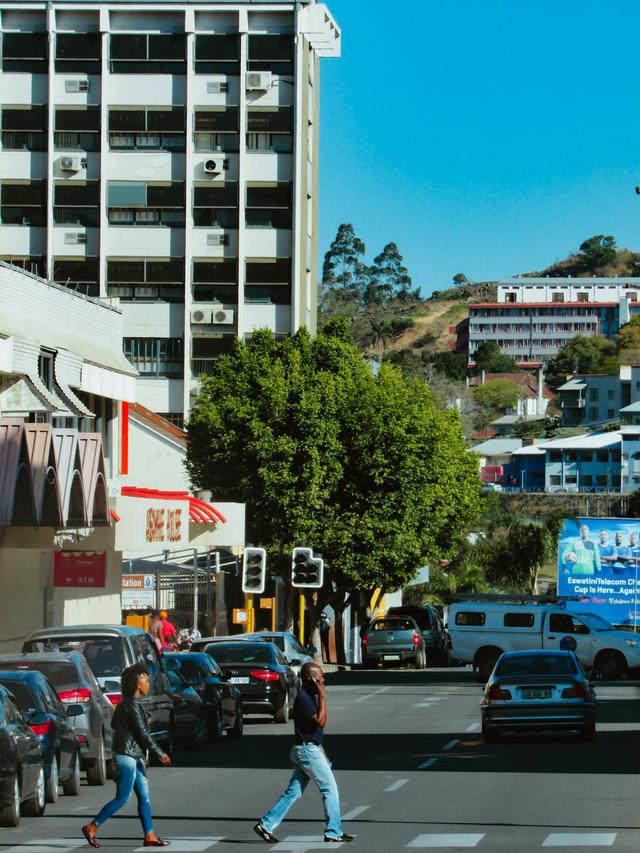
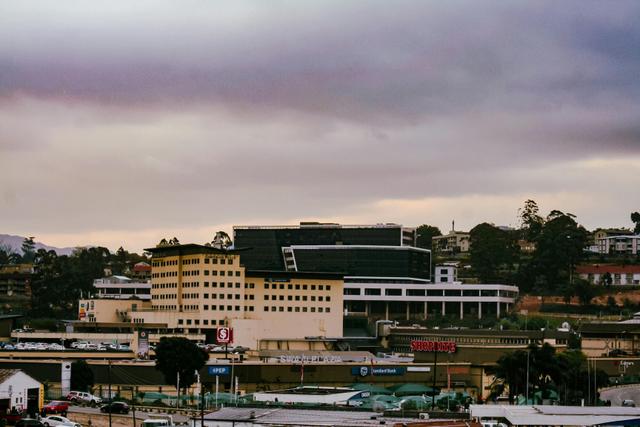
National anthem
Cultural Life
Cultural milieu
A Living Heritage
In a rapidly changing world, Eswatini stands apart as a sanctuary of tradition. Here, culture is not a museum exhibit; it is the rhythm of daily life. As one of Africa’s few remaining monarchies, the Kingdom’s identity is anchored in the dual leadership of King Mswati III (the Lion) and the Queen Mother (the She-Elephant). This unique structure is not just political; it is the spiritual foundation that binds the Swazi nation together in unity and continuity.
Spectacle and Spirit
Eswatini is renowned worldwide for its breathtaking festivals, where the nation's pulse beats loudest. The iconic Umhlanga (Reed Dance) sees thousands of maidens celebrate chastity and national pride in a kaleidoscope of traditional attire. At the same time, the sacred Incwala Kingship Ceremony serves as a powerful ritual of national renewal. These events are not mere performances; they are vibrant affirmations of loyalty, history, and community spirit that draw visitors from across the globe.
Values and Beliefs
At the core of Swazi society lies a deep respect for community and elders. It is a land where oral storytelling and dance keep history alive. While Christianity is widely practiced, it exists in harmony with deep-rooted ancestral beliefs, creating a spiritual landscape that honors both the heavens and the earth.
A Modern Fusion
Today, Eswatini is evolving. A dynamic youth culture, influenced by global trends and education, is emerging within the cities. Yet, this modernity does not erase the past; it embraces it. From the boardroom to the village, siSwati is spoken with pride, and traditional attire is worn with dignity. Eswatini offers a harmonious blend of the ancient and the contemporary, making it one of the most culturally distinct and soul-stirring destinations in Africa.
Daily life and social customs
The Heart of the Homestead
For the majority of Swazis, life is anchored in the rural homestead. More than just a home, the homestead is a multigenerational sanctuary organized around the central cattle enclosure, a symbol of wealth and heritage. Here, the day begins early with the rhythms of agriculture and cattle herding, fostering a lifestyle deeply connected to the land and defined by communal support.
The Art of Respect
Eswatini is a nation built on Ubuntu (humanity towards others). Respect for elders is not just a rule; it is the foundation of social interaction. The Swazi greeting is famous for its warmth, a handshake often supported by the other hand to show respect. To walk through Eswatini is to be seen and acknowledged, creating an atmosphere of safety and friendliness that visitors instantly feel.
Faith and Celebration
Social life in the Kingdom revolves around the calendar of the community. From vibrant weddings to solemn funerals, every event is a shared experience. Religion is a cornerstone of daily life, where Christianity often blends seamlessly with traditional reverence for ancestors. This spiritual harmony culminates in national festivals like the Umhlanga and Incwala, where youth participation serves as a proud rite of passage, ensuring that ancient values of loyalty and discipline are passed to the next generation.
The Urban Pulse
In the hubs of Mbabane and Manzini, the pace quickens. Here, the Kingdom bridges the gap between the past and the future. While modern offices, shopping centers, and a growing consumer culture define the cityscapes, the Swazi soul remains intact. It is common to see professionals switching from business suits to traditional lihiya robes on weekends, proving that in Eswatini, modernization does not mean losing one's identity.
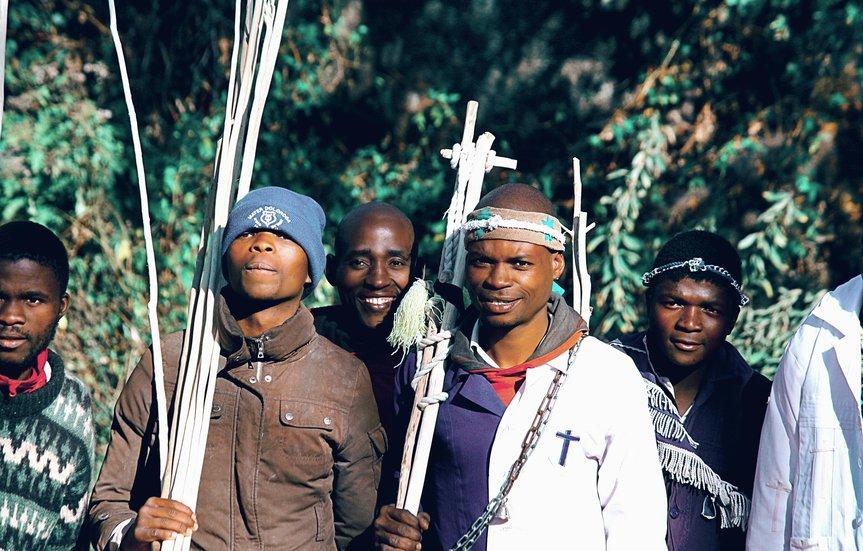
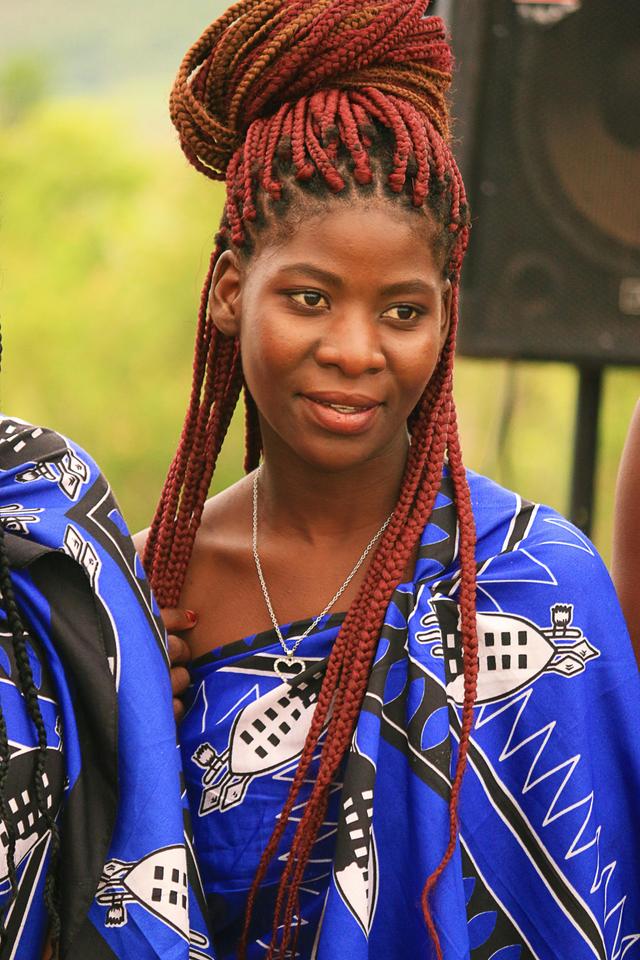
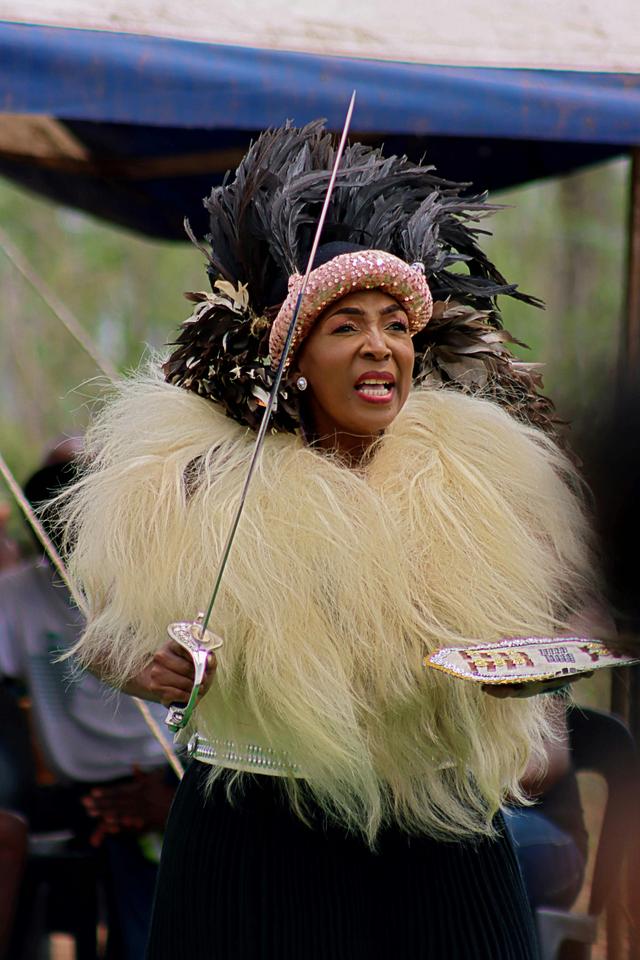

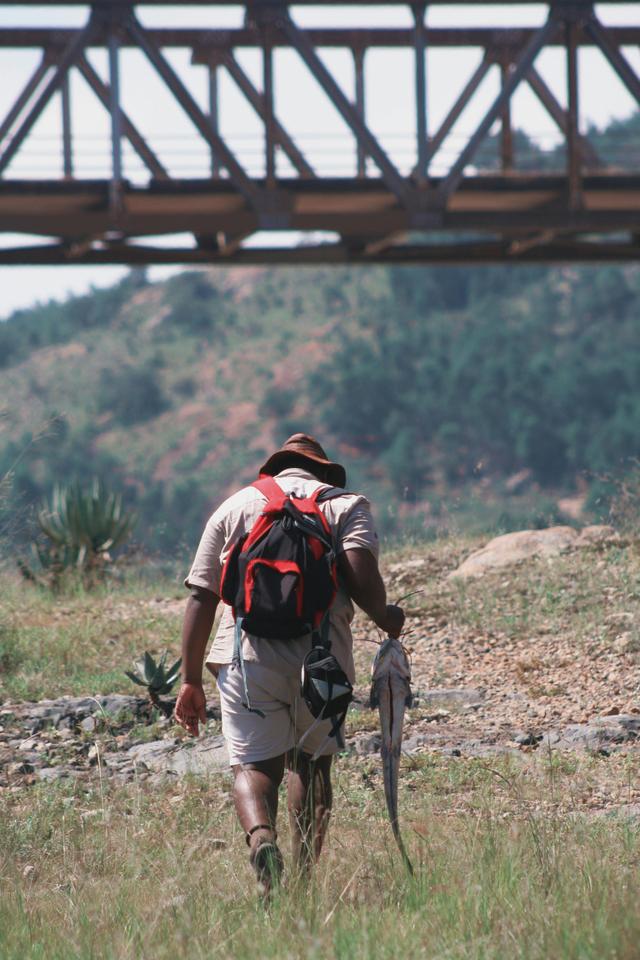
Cuisine
Farm-to-Table Tradition
Eswatini’s cuisine is a celebration of the soil. Rooted in simplicity and the seasons, Swazi food is defined by fresh, organic ingredients harvested directly from the land. It is a cuisine that comforts the soul, centered around the "Golden Staple", Maize. Whether served as Sishwala (a thick, hearty porridge) or Incwancwa (sour porridge), it forms the foundation of the daily meal, typically paired with savory bean stews or fresh leafy greens.
The Delicacies: Emasi and Meat
A true taste of Eswatini is found in Emasi (fermented sour milk). A beloved delicacy often eaten with crushed maize, it reflects the nation’s deep pride in its cattle-rearing heritage. While meat is treated with reverence often reserved for celebrations and family gatherings, the Swazi mastery of the open-fire grill turns beef, goat, and chicken into smoky, flavorful feasts.
The Ceremonial Brew
No cultural gathering is complete without Umcombotsi. This traditional, home-brewed sorghum beer is more than just a drink; it is a ritual. Thick, opaque, and earthy, it is the vessel of social bonding, passed around in a clay pot during weddings, community meetings, and the sacred Incwala ceremony to honor ancestors and guests alike.
A Communal Experience
From sweet seasonal mangoes and fat cakes to the savory main meals, eating in Eswatini is a shared act. Meals are rarely eaten alone; they are communal events that strengthen family ties and community spirit. In Eswatini, to share a bowl is to share love.
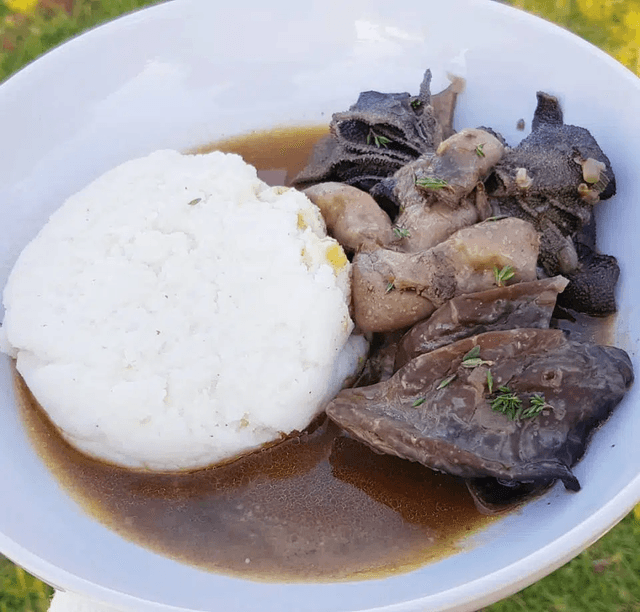

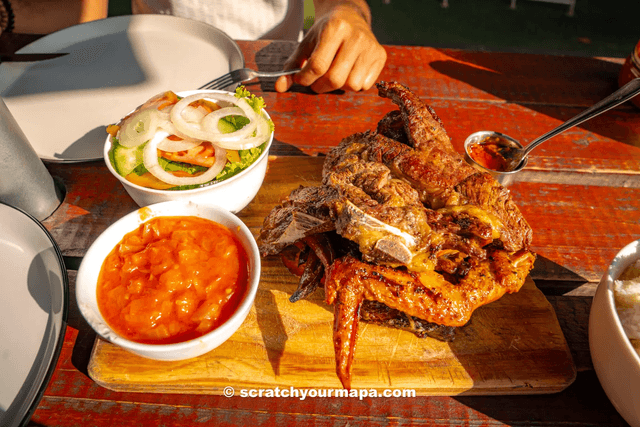
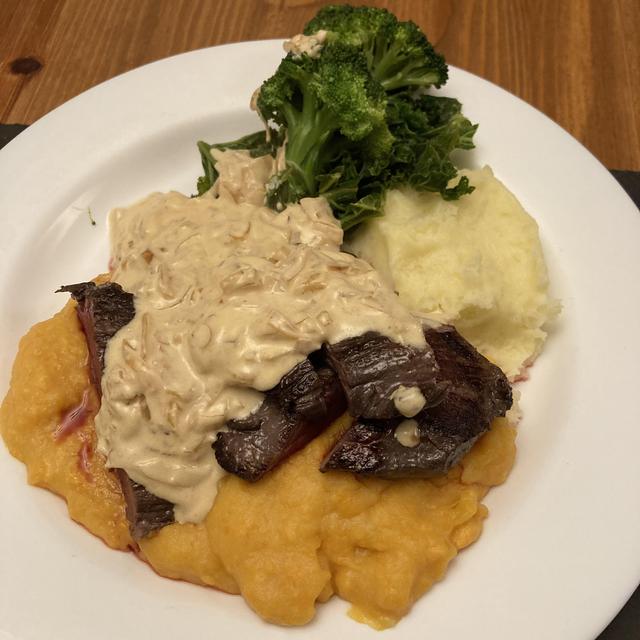
Music
The Sound of Tradition
In Eswatini, music is not merely entertainment; it is the sacred thread that weaves the nation together. Rooted in oral history, the traditional soundscape is defined by the hauntingly beautiful resonance of the Makhweyane (a traditional musical bow) and the rhythmic pulse of the drum. It is a music of participation, not just observation, characterised by powerful call-and-response vocals that echo the community spirit of the Swazi people.
The Royal Stage
The Kingdom’s music finds its grandest expression in the Royal Kraal. During the spectacular Umhlanga (Reed Dance) and the sacred Incwala, the air vibrates with the sound of thousands of voices chanting in unison. Accompanied by the rhythmic clapping of hands and the thud of feet on the earth, these ceremonies are a sonic display of unity, where every song tells a story of history, loyalty, and identity.
The New Wave: Gospel & Afro-Pop
While the roots remain deep, the branches are reaching for the sky. Eswatini has a thriving modern music scene, dominated by a powerful Gospel industry that commands massive audiences. Alongside it, a new generation of artists is blending traditional Siswati sounds with Hip-Hop and Afro-pop, creating a unique "Swazi Soul" that respects the ancestors while speaking to the global youth.
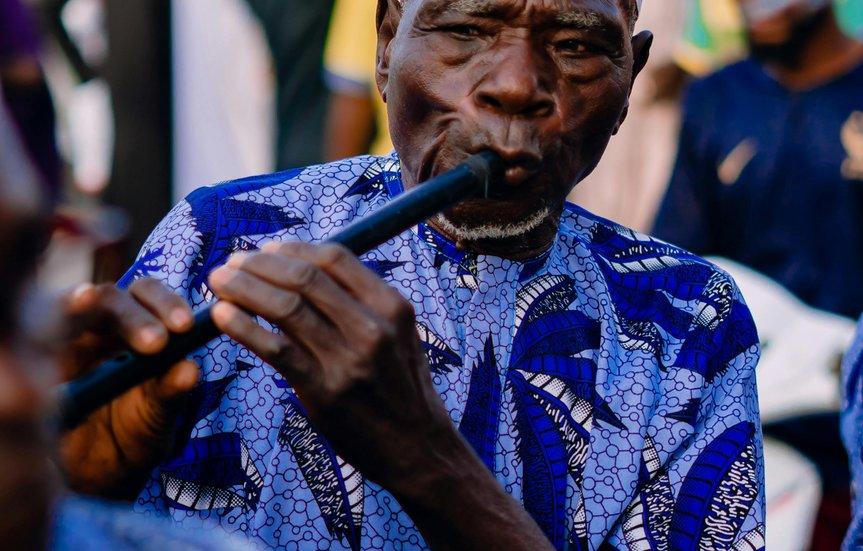
Afro Pop
Hip-hop
Gospel
The arts
Masters of the Hand
In Eswatini, art is a silent language passed down through generations. The Kingdom is globally renowned for its artisanal mastery, particularly in the hands of rural women who transform the native Lutindzi grass into intricate, watertight baskets often described as "woven gold." From precision wood carvings to vibrant beadwork, Swazi craftsmanship is functional, symbolic, and undeniably beautiful, serving as a vital economic engine for rural communities.
The Fabric of Identity
The visual soul of the nation is best seen in its textiles. The colorful Lihiya (traditional cloth) is more than just fabric; it is a canvas of national identity. Worn with pride during royal ceremonies and daily life, these vibrant cloths, often bearing royal insignia or messages, turn every gathering into a moving gallery of color and culture. This aesthetic extends to the performing arts, where elaborate costumes and choreographed dance transform festivals like the Umhlanga into theatrical masterpieces.
The Modern Canvas
Beyond the craft markets, a contemporary art revolution is brewing. Urban hubs like Mbabane and Manzini are transforming into creative incubators where a new generation of painters, sculptors, and mixed-media artists are exploring themes of modern African identity. Moving away from purely traditional forms, these young creatives are blending the ancient with the avant-garde, proving that Swazi art is evolving while staying true to its roots.
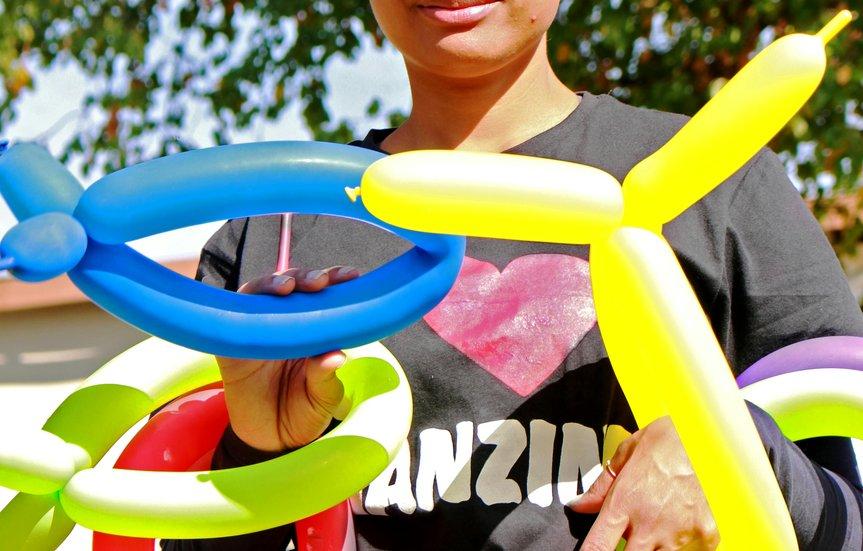


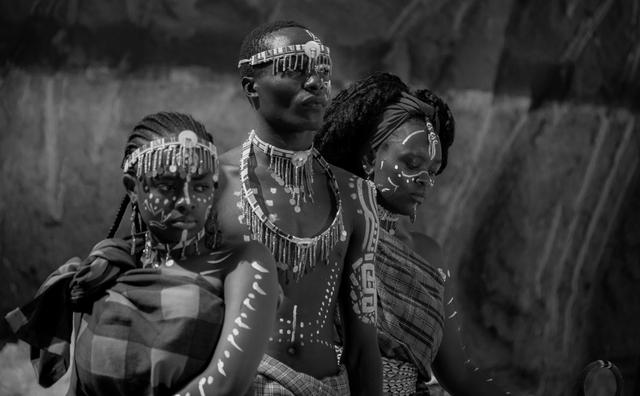

People
Ethnic groups
One People, One King
Unlike many nations defined by complex ethnic divides, Eswatini is unique in its homogeneity. The vast majority of the population belongs to the Swazi (AmaSwati) ethnic group, creating a powerful sense of national identity. This unity is cemented by a shared language, siSwati, and a deep allegiance to the Monarchy. The King is not just a political figurehead but the spiritual father of the nation, serving as the unifying symbol around which all Swazi people rally.
The Clan Connection
While the nation is one, the social fabric is woven from distinct clans. Swazi society is organized around the Sibongo (clan surname). The Dlamini clan—the Royal House—is the most prominent, but every clan plays a specific role in history and ritual. This extended family structure ensures that no matter where you go in the Kingdom, you are connected by lineage and respect.
Regional Diversity
Eswatini is not an island; it is part of the broader Southern African tapestry. The Kingdom is home to vibrant minority communities of Zulu, Tsonga, and Ndau people. Sharing deep linguistic and historical roots with the Swazi (as part of the wider Nguni and Bantu migrations), these groups coexist seamlessly, contributing to the cultural richness of the nation without fracturing its unity.
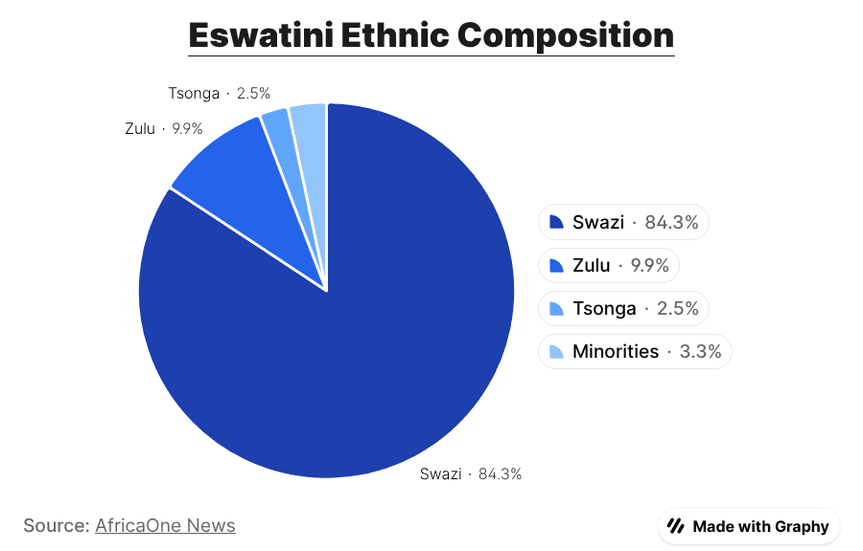



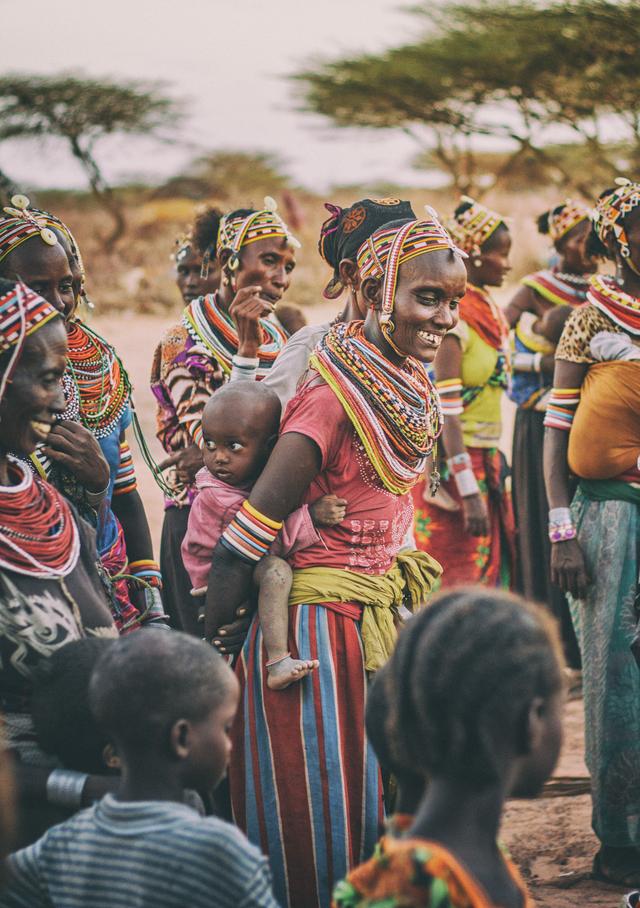
Religion
The Cross and the Culture
Religion in Eswatini is not just a belief system; it is a seamless tapestry where Western Christianity meets African spirituality. While the Kingdom is overwhelmingly Christian, the faith practiced here is uniquely Swazi. It is a land where Sunday church services coexist harmoniously with the veneration of ancestors, creating a spiritual landscape that honors both the Heavens and the Heritage.
The Rise of Zionism
The most visible expression of this blend is the Zionist Church. Blending Christian teachings with indigenous rituals, symbols, and healing practices, it is the largest denomination in the country. On weekends, the hillsides and roads are often dotted with the vibrant blue, white, and green robes of Zionist congregants, a visual testament to a faith that is distinctly African in its expression. alongside them, established denominations like the Roman Catholic, Anglican, and Methodist churches maintain a strong, historical presence.
Spirituality and the State
In Eswatini, faith is woven into the national identity. The King is not only the political head but also a spiritual figurehead during national rites. This is best seen during the Incwala, often described as a "First Fruits Ceremony," but truly a national prayer for rain, peace, and renewal. In this sacred space, traditional spirituality and national prayer merge, reinforcing the social cohesion that keeps the Kingdom peaceful.

Settlement patterns
The Spirit of the Homestead
The soul of Eswatini is found not in its cities, but in its hills. The landscape is defined by the traditional Homestead (Umuti)—a dispersed pattern of living that reflects the nation's agricultural roots. Unlike the grid-like suburbs of the West, Swazi families live in compounds of thatched or modern dwellings arranged around the Sibaya (cattle kraal). This central enclosure is more than a farm structure; it is the spiritual and economic heart of the family, symbolizing wealth and connection to the ancestors.
The Twin Cities
While the rhythm of rural life dominates, the Kingdom’s pulse beats in two distinct urban centers. Mbabane, nestled in the cool, misty Dlangeni Hills, serves as the administrative capital city of government and diplomacy. Just 30 kilometers away lies Manzini, the bustling commercial engine of the country. This "hub" is where the markets, transport networks, and trade converge, drawing people from the rural areas seeking education and enterprise.
A Kingdom of Chiefs
Eswatini’s settlement pattern is unique because of its governance. Much of the countryside is Swazi Nation Land, held in trust by the King and allocated to families by local Chiefs. This communal land system is the glue of Swazi society; it prevents landlessness and ensures that traditional authority remains relevant. It creates a harmonious balance where modern development respects the ancient boundaries of community and custom.
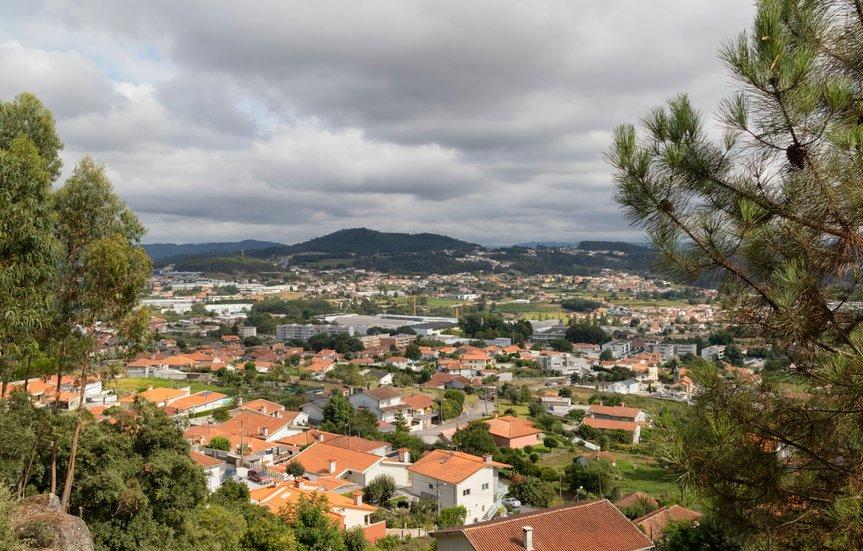
Urban settlement
The urban pulse of Eswatini beats strongest in its two primary hubs: Mbabane, the cool, mist-covered administrative capital, and Manzini, the bustling commercial engine of the Kingdom. Together, these cities form the economic and political spine of the nation, serving as magnets for citizens seeking education, healthcare, and employment. While the rate of urbanization remains moderate compared to the rapid expansion seen elsewhere on the continent, these centers represent the shifting dynamic of Swazi life, bridging the gap between the rural homestead and the global economy.
Mbabane, nestled in the Dlangeni Hills, is the seat of government and diplomacy, characterized by its calmer atmosphere and service-driven economy. In contrast, Manzini acts as the chaotic yet vibrant marketplace of the country, dominating the industrial and manufacturing sectors and serving as the central transport node. Despite their modernization, these urban spaces retain a distinctly Swazi character, where cultural heritage often blends seamlessly with the demands of city living.
However, this urban evolution is not without its growing pains. As the population gradually shifts toward these centers, the country faces the dual challenge of expanding infrastructure and addressing housing shortages and unemployment. Government and municipal efforts are increasingly focused on sustainable urban planning to manage this growth, aiming to create cities that drive economic prosperity while maintaining the high living standards and community values that define the Swazi nation.
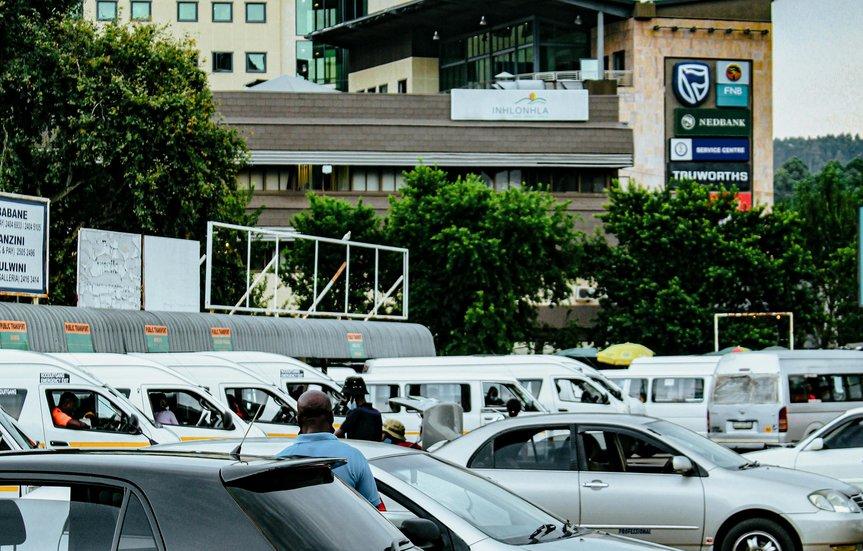
Rural settlement
The true soul of Eswatini resides in its rural heartlands, where the majority of the population maintains an agrarian lifestyle deeply rooted in centuries of tradition. Unlike the compact villages found elsewhere in Africa, Swazi rural settlement is characterized by dispersed homesteads known as imiti. These family compounds are architecturally distinct, typically consisting of sleeping huts and cooking areas arranged around a central cattle enclosure, or sibaya. This layout is not merely functional but symbolic; in Swazi culture, cattle represent both wealth and spiritual connection to ancestors, making the enclosure the focal point of family life and status.
Life in these communities is dictated by the rhythms of the land and the authority of traditional leadership. Residents rely primarily on subsistence farming and livestock rearing, settling in areas that offer access to water and fertile soil across the Kingdom’s diverse topography of rolling hills and lowveld plains. Governance here operates under the Chiefdom system, where local Chiefs acting on behalf of the King allocate communal land, resolve disputes, and ensure the preservation of custom. This system of tenure ensures that every Swazi family has a right to land, reinforcing a social safety net that is rare in the modern world.
Despite the slow creep of modernization and urban migration, the rural homestead remains the bedrock of national identity. It is a world defined by Ubuntu, a deep sense of community where responsibilities are shared, and neighbors are treated as kin. From the collective harvesting of fields to the vibrant participation in local rituals, rural Eswatini is where the nation’s cultural pulse beats strongest, preserving the language, values, and heritage that define the Swazi people.
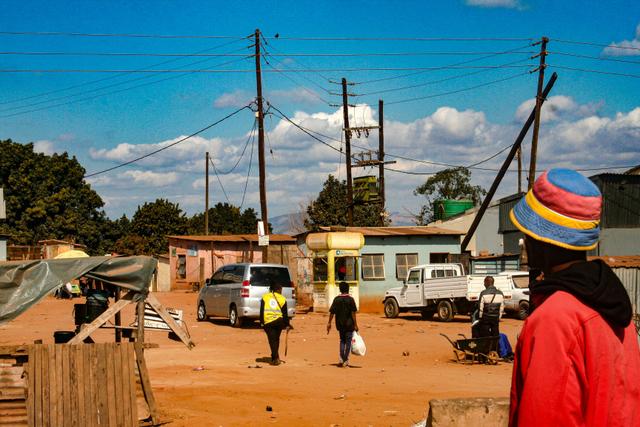

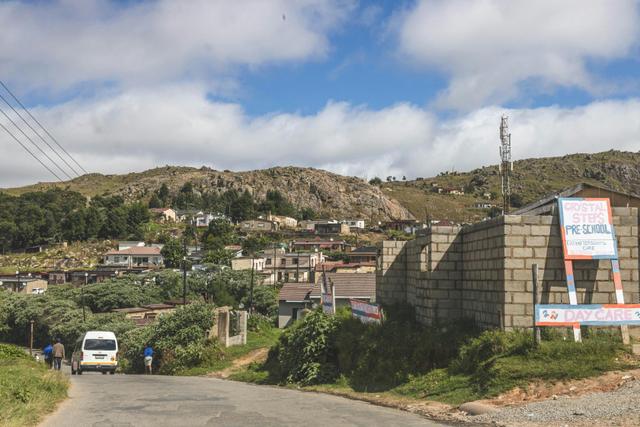

Demographic trends
Eswatini is defined by a youthful and resilient demographic profile, with a population of approximately 1.23 million that is steadily growing. The Kingdom is overwhelmingly young, boasting a median age of just 24.4 years, with nearly a third of its citizens under the age of 15. This vibrant youth bulge presents both a workforce opportunity and a development focus for the nation. Health indicators are also on an upward trajectory, with life expectancy rising to over 60 years and infant mortality rates declining, reflecting significant strides in public health and social welfare.
While the country remains largely agrarian, the shift toward city life is accelerating. Currently, about a quarter of the population resides in urban centers, but with an urbanization rate of nearly 2.5% annually, more Swazis are moving to hubs like Mbabane and Manzini every year. This demographic transition highlights a nation in motion, as the government continues to implement policies designed to harness the potential of its young citizens and support sustainable urban growth.

Touristic Cities
Mbabane - The city in the Clouds
Perched high in the Dlangeni Hills, Mbabane is the administrative capital and the cool, misty gateway to Eswatini’s western highlands. Unlike the frenetic pace of many African capitals, Mbabane offers a relaxed atmosphere defined by its stunning granite backdrop and temperate climate. The city’s crowning glory is the majestic Sibebe Rock, the world’s second-largest exposed monolith, which challenges hikers with unparalleled views of the kingdom. With its blend of modern malls, vibrant local markets, and easy access to the scenic Highveld, Mbabane serves as the perfect base for adventurers looking to explore the country’s rugged natural beauty.
Lobamba: The Royal and Cultural Heart
Located in the lush Ezulwini Valley (the "Valley of Heaven"), Lobamba is the spiritual and legislative capital of the nation. This is the beating heart of Swazi culture, home to the Parliament, the National Museum, and the Ludzidzini Royal Residence. It is here that the nation gathers for its most sacred festivals, the Umhlanga (Reed Dance) and the Incwala, turning the town into a vibrant spectacle of tradition and song. For visitors, Lobamba offers an immersive journey into the past at the nearby Mantenga Cultural Village, where traditional homestead tours and spirited dance performances bring the history of the Swazi people to life.
Piggs Peak: The Scenic Northern Jewel
Nestled among the dense pine forests and jagged mountains of the north, Piggs Peak is a historic gold-mining town that offers some of the most dramatic scenery in Southern Africa. The region is a haven for both nature lovers and art enthusiasts. Visitors can explore the breathtaking Phophonyane Falls, take a boat cruise on the massive Maguga Dam, or view ancient rock art hidden in the cliffs. The town is also famous for the Peak Fine Craft Centre, a hub of high-end creativity where world-class weavers, jewelers, and artists produce unique Swazi masterpieces, making it the ultimate destination for scenic drives and artisanal shopping.
Accomodation
Guest houses
For a more intimate experience, Eswatini’s guest houses offer a warm "home away from home" alternative to standard hotels, often blending modern comfort with authentic Swazi charm. Whether tucked away in the misty granite hills of Mbabane, nestled in the lush gardens of the Ezulwini Valley, or situated near the bustling markets of Manzini, these establishments are renowned for their personalized hospitality and scenic settings. Many are family-run, giving visitors a unique connection to the local culture through home-cooked meals and architectural touches that range from contemporary luxury suites to traditional beehive-inspired cottages. With amenities that frequently include mountain views, tranquil pools, and lush indigenous gardens, staying in a guest house provides a peaceful and immersive base for exploring the Kingdom.


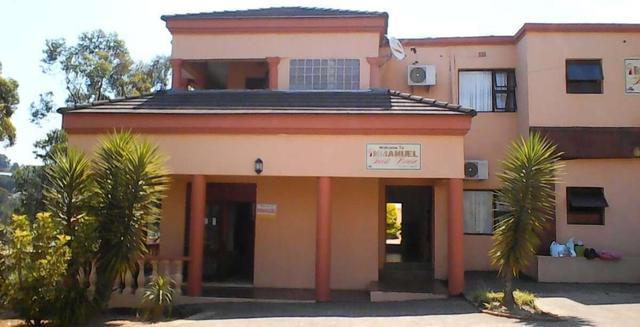
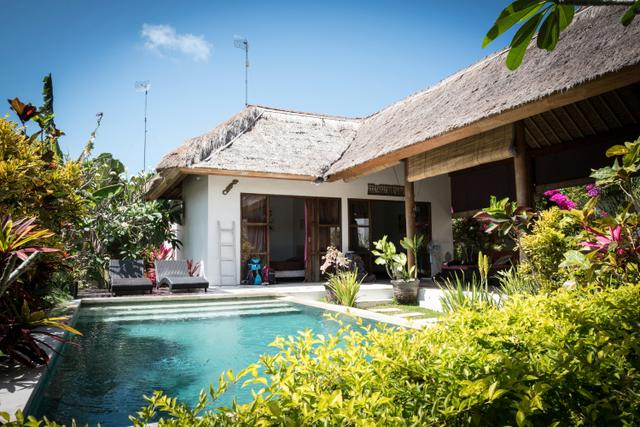
Hotels and resorts
Eswatini’s hospitality scene is a stunning blend of luxury and landscape, offering everything from five-star indulgence to immersive nature escapes. The crown jewel is the Ezulwini Valley, the "Valley of Heaven," home to iconic destinations like the Royal Swazi Spa and the botanical paradise of Summerfield Resort. For wildlife enthusiasts, stays at Mkhaya Game Reserve or Mlilwane Wildlife Sanctuary place guests directly in the heart of the bush, while eco-travelers can retreat to the romantic, mist-covered Phophonyane Falls Ecolodge. With world-class urban options like the Hilton Garden Inn in the capital, the Kingdom ensures that whether you are visiting for a championship golf getaway, a safari adventure, or a business trip, you are always surrounded by comfort and the warm spirit of Swazi hospitality.
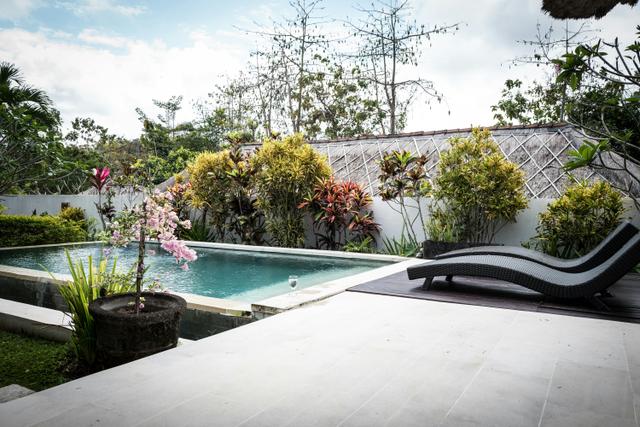
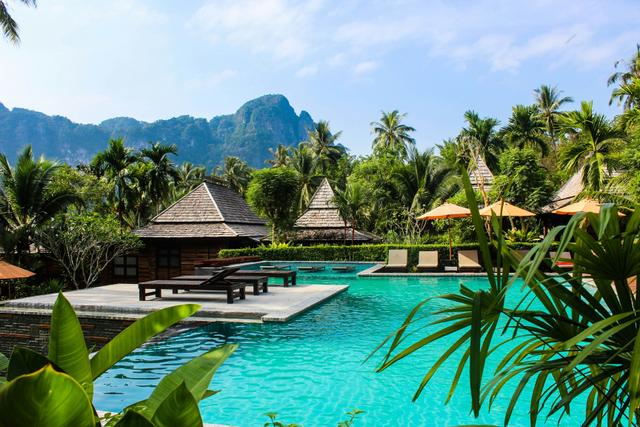


Campings
For the adventurous traveler, camping in Eswatini offers a front-row seat to the Kingdom’s raw natural beauty without sacrificing comfort. The country boasts a network of excellent, designated campsites located within its most pristine reserves, such as the predator-rich Hlane Royal National Park and the scenic Mlilwane Wildlife Sanctuary, where visitors can wake up to antelope grazing just meters from their tents. Beyond the major parks, community-run gems like Shewula Mountain Camp and the rugged Mlawula Nature Reserve provide immersive, eco-friendly experiences. These sites are well-equipped with essential amenities, including hot showers and electricity, and almost always feature the quintessential "braai" (barbecue) area for evenings around the fire. While wild camping is prohibited to preserve the environment, these secure, scenic locations offer the perfect way to sleep under the stars and connect deeply with the African bush.




Requirements for Visa
Documents to be submitted for your application
Official Document Checklist: Visas & Permits
To ensure a smooth application process for residency, work permits, or business visas in the Kingdom of Eswatini, applicants must prepare the following documentation. Please ensure all copies are certified where necessary.
1. Standard Requirements (All Applicants)
- Completed Application Form: Must be the specific form relevant to the department or agency (e.g., Ministry of Home Affairs).
- Identification: Valid passport or National ID (ensure you include clear copies of the bio-data page).
- Photos: Two (2) or more recent passport-sized photographs (color, white background).
- Letter of Intent: A formal cover letter detailing the purpose and duration of your stay.
- Proof of Accommodation: Lease agreement, deed, or a letter from a host confirming your address in Eswatini.
- Proof of Payment: Receipt for the relevant application or processing fee.
2. Security & Health (For Residency/Long-Term Stays)
- Police Clearance: An original criminal background check or police clearance certificate from your country of origin (usually less than 6 months old).
- Medical Certificate: A health clearance report (often required for work permits and residency).
- Financial Means: Recent bank statements or a sponsorship letter proving you can support yourself during your stay.
3. Purpose-Specific Documents
- For Employees:
- Employment letter or signed contract.
- Educational certificates, degrees, or transcripts.
- For Investors & Entrepreneurs:
- Certificate of Incorporation and relevant business registration documents.
- Trading license (if applicable).
- For Students:
- Acceptance letter from the educational institution.
- Academic transcripts.
Note: Requirements may vary depending on the specific permit type. We recommend verifying the latest details with the Eswatini Ministry of Home Affairs or your nearest diplomatic mission.
At the time of visa issuance, please provide the following documents
1. Essential Identification & Approval
- Valid Passport: Must have at least 6 months of validity remaining and two blank pages.
- Visa Approval Notification: The official approval letter or Reference Number provided during the application stage.
- Completed Application Form: A hard copy of your submitted visa application.
- Passport-Sized Photos: Recent color photographs (carry extras just in case).
2. Travel & Logistics
- Proof of Travel Itinerary: Return flight tickets or a detailed travel plan indicating your exit date.
- Proof of Accommodation: Confirmed hotel booking, lease agreement, or host address.
- Proof of Sufficient Funds: Recent bank statements, credit cards, or cash to prove you can support yourself during the stay.
3. Supporting Documentation
- Proof of Payment: The original receipt showing the visa fee has been paid.
- Letter of Invitation: (If applicable) A formal letter from your host or business partner in Eswatini.
- Health Requirements: Yellow Fever certificate (if arriving from a yellow fever zone) or other medical clearances if specifically requested.
Useful links
Government & Administration
- Government of the Kingdom of Eswatini: www.gov.sz
- The official portal for all government ministries, press releases, and gazettes.
- Ministry of Home Affairs: www.gov.sz/home-affairs
- For specific information on visas, permits, and civil registration.
Tourism & Travel
- Eswatini Tourism Authority (The Kingdom of Eswatini): www.thekingdomofeswatini.com
- The official guide to accommodation, events, and travel itineraries.
- Big Game Parks: www.biggameparks.org
- Booking and info for Hlane Royal National Park, Mlilwane, and Mkhaya.
Business & Investment
- Eswatini Investment Promotion Authority (EIPA): www.investeswatini.org.sz
- The first stop for investors, trade information, and business registration guides.
- Eswatini Revenue Service (ERS): www.ers.org.sz
- Tax information, customs regulations, and border procedures.
- Central Bank of Eswatini: www.centralbank.org.sz
- Financial news, exchange rates, and monetary policy.
Emergency & Utilities
- Royal Eswatini Police Service: Emergency Line: 999
- Fire & Emergency: Emergency Line: 933
- Eswatini Electricity Company (EEC): www.eec.co.sz
Economy of Eswatini
Agriculture, forestry, and fishing
The foundational pillar of Eswatini’s economy lies in its land, with agriculture serving as the primary source of livelihood for the majority of the population. The sector operates on a distinct dual system: a robust commercial industry driven by "Swazi Gold" sugar cane and citrus exports, running parallel to vital subsistence farming where maize and vegetables ensure national food security. As the country’s top export earner, the sugar industry remains a global competitor, while smallholder farming anchors the rural social structure and daily life.
Complementing the fields are the vast, man-made forests that blanket the Highveld. The forestry sector is a critical industrial driver, managing extensive plantations of pine and eucalyptus that feed the timber, pulp, and furniture markets. This "green economy" is not just about extraction; there is a strong national emphasis on sustainable forest management, ensuring that this renewable resource continues to balance economic gain with environmental preservation.
While Eswatini’s landlocked geography limits traditional fishing, the country is tapping into its network of rivers and dams to develop a burgeoning aquaculture sector. Currently focused on freshwater catches for local consumption, the government is actively promoting fish farming as a strategic avenue to diversify protein sources and boost rural incomes. Together, these three sectors form the bedrock of Eswatini’s development strategy, driving efforts toward modernisation, increased productivity, and long-term economic resilience.
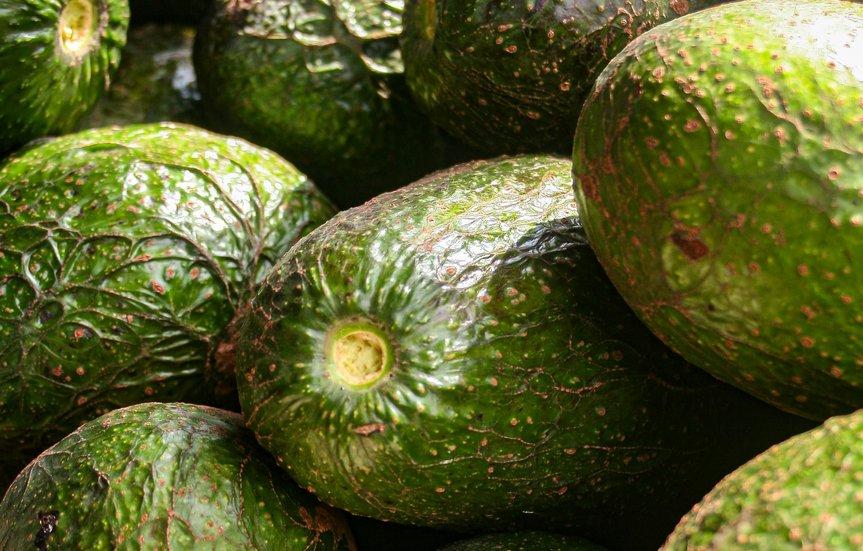
Resources and power
Eswatini is pursuing a strategy of energy self-reliance, pivoting away from dependence on imports toward a green, sustainable future. Currently, the nation imports approximately 70% of its electricity, but the landscape is shifting. By leveraging its natural strengths, the Kingdom is expanding its domestic generation through hydropower, biomass (derived from its massive sugarcane industry), and a rapidly growing solar sector including the development of one of Africa’s largest upcoming solar facilities.
The government has set bold targets to reshape the national grid: achieving a 50% renewable energy share by 2030 and total energy self-sufficiency by 2034. Beyond the main grid, the strategy includes robust off-grid solutions to ensure rural homesteads are connected, alongside new explorations into wind energy potential. These initiatives are positioning Eswatini not just for stability, but as a forward-looking leader in clean energy innovation within Southern Africa.
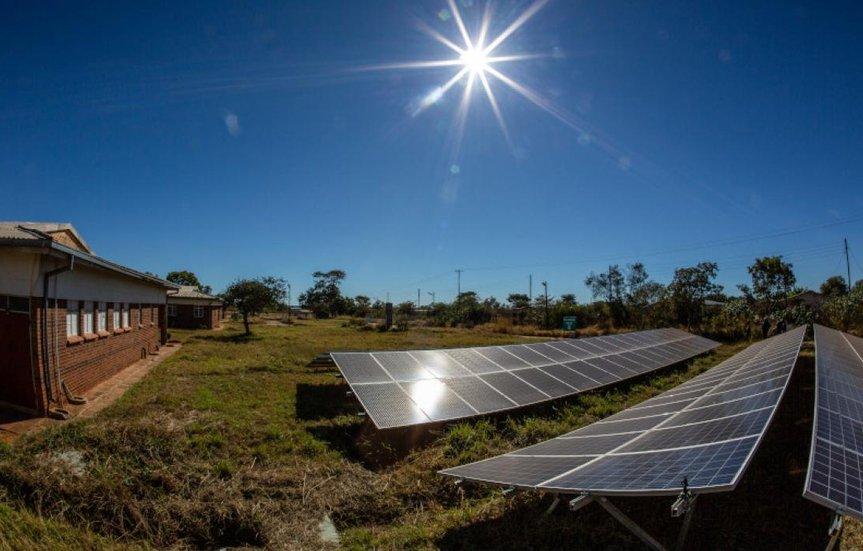
Manufacturing
Manufacturing is the industrial backbone of Eswatini, contributing a substantial 28–37% to the national GDP. The sector’s heartbeat is the Matsapha Industrial Estate, a bustling hub where the country’s primary exports are processed. The industry is anchored by two giants: the textile sector, which thrives under the lucrative US-AGOA trade agreement, and the sugar processing industry, specifically the production of soft drink concentrates, one of the Kingdom’s most valuable global exports.
Looking ahead, the government is actively pivoting away from reliance on these traditional heavyweights toward a more diversified future. Guided by the Industrial Policy (2023–2033), the focus is shifting toward inclusive growth, empowering SMEs, and increasing youth and gender participation in the economy. With established export corridors to the United States and the European Union, and a clear roadmap for modernisation, Eswatini’s manufacturing sector is positioned for a new era of sustainable expansion.
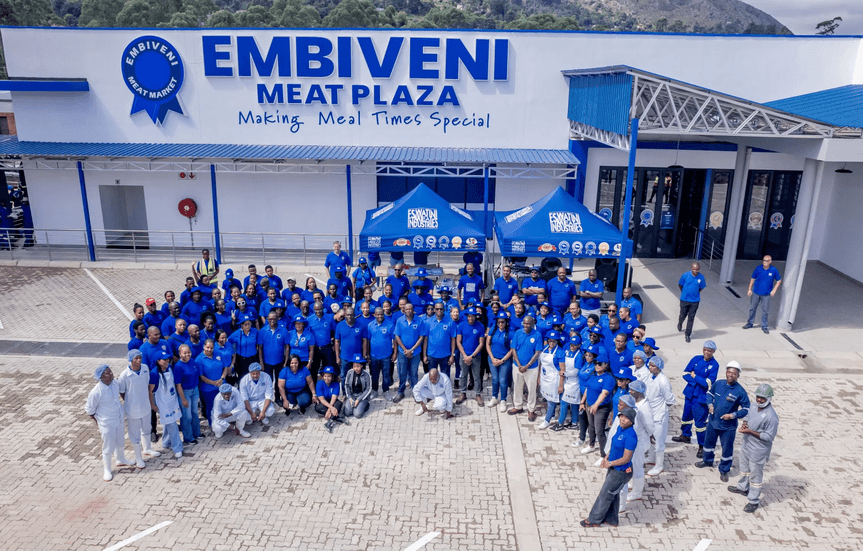
Finance
A Unique Financial Architecture
Eswatini’s financial landscape is distinct within the region, characterized by a powerful Non-Bank Financial Institution (NBFI) sector, including pension funds and insurance firms, which remarkably controls over 70% of the country's financial assets. While traditional commercial banks and the Central Bank of Eswatini anchor the economy, the Eswatini Stock Exchange is playing an increasingly vital role in mobilizing capital for local growth.
The Digital Leap
The Kingdom is experiencing a surge in financial inclusion, driven by a rapid adoption of mobile money and fintech solutions. These innovations are bridging the gap between the unbanked population and the formal economy, allowing for faster, cheaper transactions across the country.
Reform and Resilience
To ensure long-term stability, the government is actively strengthening regulatory frameworks, particularly regarding NBFIs, while managing fiscal risks. Current reforms are laser-focused on diversifying banking models and unlocking credit for SMEs, recognizing them as the future engines of growth. Despite challenges such as non-performing loans, the sector is moving toward a more inclusive, resilient, and digitally integrated future.

Trade
A Hub of Connectivity
Eswatini operates as a highly open, export-oriented economy, with total trade representing an impressive 90% of the nation's GDP. Despite its compact size, the Kingdom punches above its weight in regional commerce, maintaining a consistent trade surplus. Its true strength lies in its strategic alliances: Eswatini offers investors unrivaled market access through membership in SACU (Southern African Customs Union), SADC, and COMESA, alongside duty-free access to the US market via AGOA and the expanding AfCFTA continental zone.
Partners & Products
The economy is deeply integrated with neighboring South Africa, which serves as both the primary supplier of industrial inputs (fuel, machinery) and the main destination for Swazi goods. The export engine is powered by high-value 'Swazi Gold' (sugar), soft drink concentrates (the country's leading forex earner), and a robust textile sector.
The Future: Diversification
Recognizing the risks of market concentration, the government is actively pursuing a diversification strategy. The focus is shifting toward high-value agriculture, specialized manufacturing, and empowering SMEs to compete globally, ensuring the Kingdom’s trade portfolio becomes as resilient as it is robust.

Labour and taxation
The Labor Market: Structured & Secure
Eswatini offers a stable and regulated labor environment designed to balance employee welfare with business productivity. The standard work week ranges between 40 to 45 hours, supported by a clear legal framework that guarantees paid leave, occupational safety, and the right to unionize.
- Social Security: Both employers and employees contribute 5% each to the Eswatini National Provident Fund (ENPF), a mandatory savings scheme that serves as a retirement safety net (contributions are capped at a statutory maximum).
- Worker Rights: The system provides well-defined guidelines for notice periods, severance, and dispute resolution, creating a predictable environment for employers.
The Tax System: Competitive & Progressive
The Kingdom’s fiscal policy is geared towards sustaining government revenue while encouraging private sector growth.
- Corporate Tax: The standard rate is 27.5%, though significant reductions and tax holidays are available for businesses in specific development sectors.
- Value Added Tax (VAT): The standard rate is 15%, aligned with regional partners like South Africa.
- Personal Income Tax: A progressive system is in place, with rates scaling up to a maximum of 33% for high-income earners.
- Withholding Tax: Applies to payments made to non-residents (services, royalties, management fees) to ensure tax compliance across borders.
Did you know?
Investors in key sectors (like manufacturing, mining, and tourism) can apply for a Development Approval Order. If granted, this can reduce your Corporate Tax rate to as low as 10% for a period of 10 years.
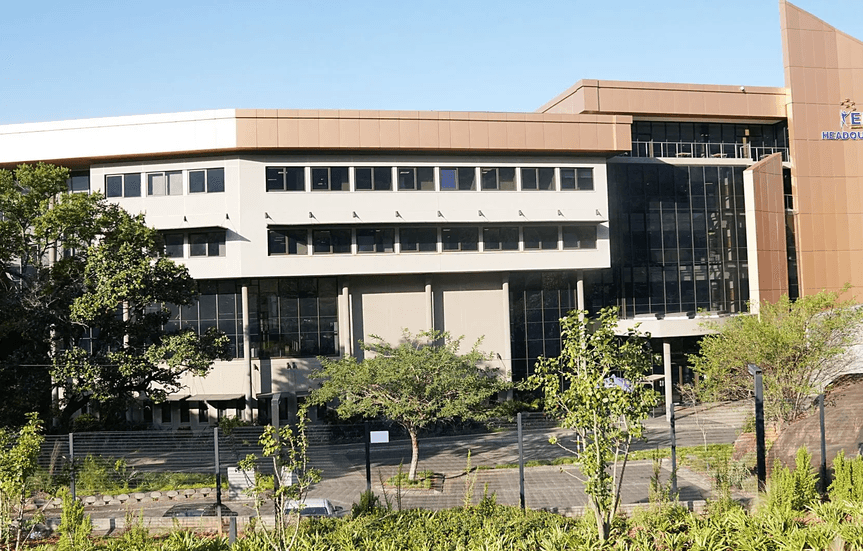
Transportation and telecommunications
Roads, Rail, and Sky
Eswatini leverages its strategic location with a robust transport network that integrates it seamlessly into the Southern African economy. The country is crisscrossed by a high-quality highway system (anchored by the MR3 corridor) that connects major industrial hubs to the borders of South Africa and Mozambique. While the rail network is exclusively dedicated to freight, serving as a vital artery for export commodities, passenger travel is served by the modern King Mswati III International Airport, which offers daily links to regional capitals.
The Digital Pulse
The Kingdom’s telecommunications sector is undergoing a rapid transformation. With near-universal mobile coverage and internet penetration exceeding 50%, Eswatini is one of the most digitally connected nations in the region. The landscape is defined by aggressive innovation, including widespread 4G access and the recent rollout of 5G networks in urban centers. Supported by government-led rural connectivity initiatives, the country is bridging the digital divide, ensuring that businesses and citizens remain online and competitive.
NB: QUICK REF.
- Main Airport: King Mswati III International Airport (Code: SHO).
- Road Network: Excellent links to Johannesburg (4 hours) and Maputo (3 hours).
- Rail: Operated by Eswatini Railways (Freight only: connects to Richards Bay and Maputo ports).
- Telecom Giants: MTN Eswatini & Eswatini Mobile.
